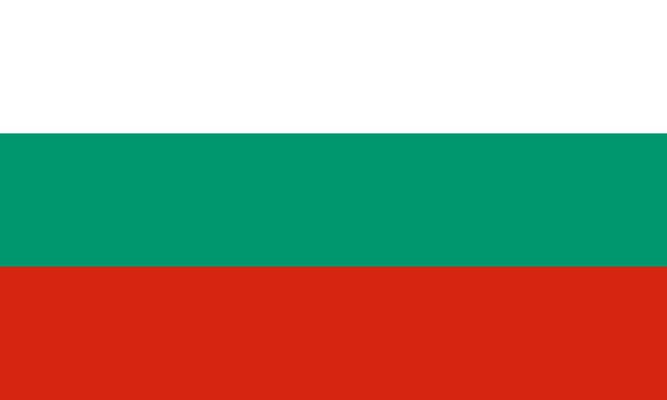This international project, called "Local Initiatives In The European Village" is a part of the European programme Erasmus+, section School education, key activity 229 - strategic partnerships and an exchange of good practices. There are four countries participating in the project - Bulgaria, France, Spain and Italy. There will be four mobilities and every time 10 students and 2-3 teachers from each country will take part.
The project is about local initiatives that can give young people better self-confidence, understanding the others and helping each other, developing key competencies of our century.





https://www.scribblemaps.com/maps/view/Partners_/PartnerCountries
The project aims:
- to get the students to know their European neighbours, their customs, to find differences and similarities between the cultures
- to raise awareness of the overuse of mobile phones and the internet for social networks and to lead the students to use them efficiently, safely enjoying the multiple benefits they can provide
- to develop in our students active citizenship, to enable them to compare their behaviour, experiments, the many different initiatives which will give them a better understanding of others and to how to live together
- to help them develop key competencies for the 21st century which eventually will make them more self-confident and successful in life
- to encourage English language usage in communication and cooperation
Each school wants to involve as many teachers as possible so as to ensure cross-curricular learning and skills sharing. The project objectives will be achieved through effective European teamwork on the Twinspace or during the mobilities. Parents will, of course, be involved and encouraged to take part in the different actions taken.
Thanks to this project, we hope that our students will become more autonomous, more confident and open-minded with the others and the world they are living in. We want them to practice foreign languages and see how important they are. We want them to get used to working in teams, here in multicultural teams. We would also want our students to be sensitive to local initiatives and to get some of them to take part on a regular basis. They will also be aware of what is happening in other countries, how other people are dealing with the same and often burning issues. Finally, we want them to take a critical glance on the use of their digital devices (and
use pace), keeping clearly in mind the drawbacks and benefits they can provide in our everyday life. Whether in short, medium-term or in the long run, local partners, such as charities, will benefit from the involvement of our students and the feedback on European initiatives we will provide them.